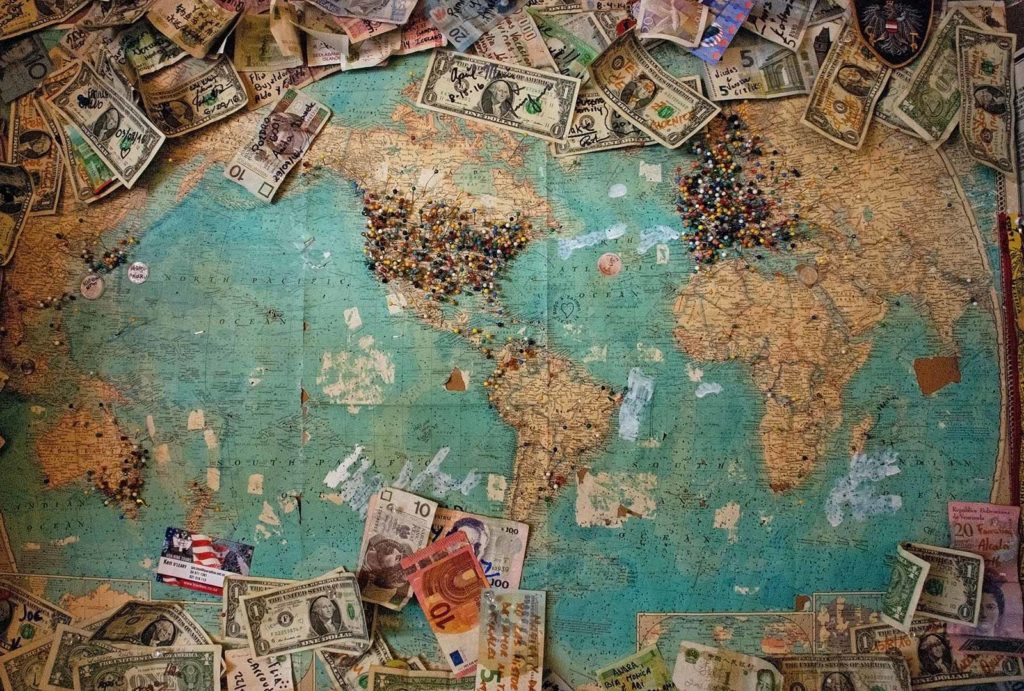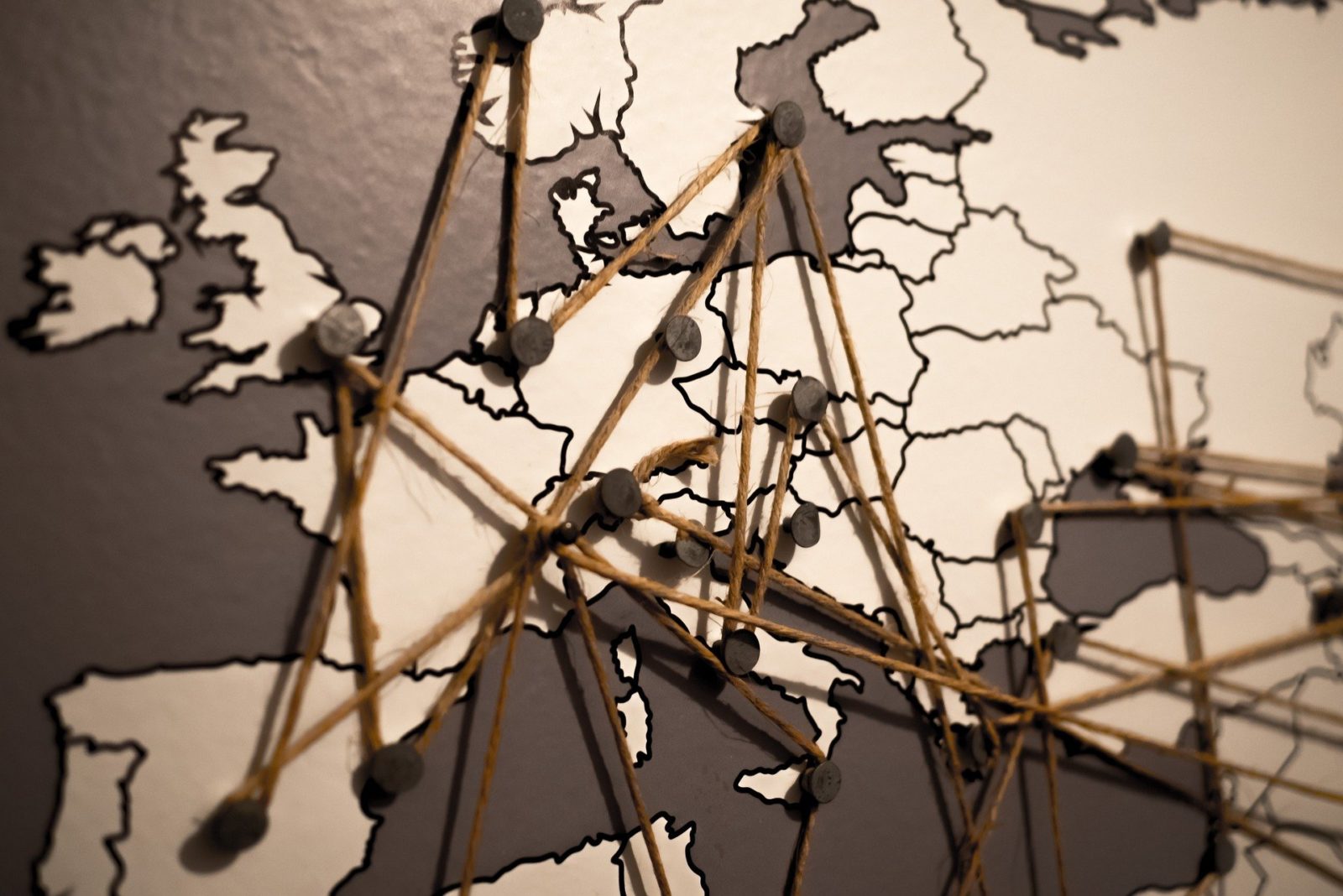Money laundering and terrorist financing occur throughout the world and represent great threats to the world’s stability and security.

In the past, money laundering was explicitly tied with the financial and banking sectors. However, the increasingly comprehensive regulation in these sectors have coerced the money launderers to become more sophisticated. Consequently, they started penetrating non-financial sectors such as tourism and hospitality, Non-Governmental Organisations, art markets, etc…
By exploiting the vulnerabilities within national anti-money laundering and countering terrorist financing (AML/CFT) frameworks, terrorists and serious organised crime groups weaken the soundness and reliability of financial systems. This results in increased volatility of international capital flows, undermined citizens’ trust in financial institutions and negatively affected market integrity. These phenomena also have a dampening effect on foreign direct investment and the economy as a whole.
What is Money Laundering?
Money laundering is the process by which proceeds from a criminal activity (corruption, drug trafficking, market manipulation, fraud, tax evasion, etc.) are disguised to conceal their illicit origins in order to be used in the legal economy.
Money can be laundered in many ways: depositing small cash amounts in unremarkable bank accounts; the purchase and resale of luxury items; through a series of complex international financial transactions… When one method has been detected, criminals soon find another.
Money laundering can be defined in a number of ways. Yet, countries should always ensure it is criminalised on the basis of the United Nations Vienna and Palermo Conventions.
What is Terrorist Financing?
Terrorist financing (TF) is the raising of money involving the solicitation, collection or provision of funds, with the intention that it may be used to support terrorist acts, terrorists or terrorist organisations. Whether they are part of large terrorist organisations which control territory, or members of small terrorist cells, terrorists need money. Their funds may originate from legitimate sources, or from criminal activities (looting, extortion, robbery of economic assets and natural resources, exploiting non-profit organisations, Kidnapping for Ransom, cash smuggling…). Terrorists need money for weapons, travel, accommodation and to plan, train for and execute terrorist attacks. A lack of funds limits their ability to prepare/carry out attacks, and to develop as an organisation. Disrupting and preventing terrorism-related financial flows and transactions is, therefore, one of the most effective ways to fight terrorism.
Terrorists are constantly adapting how they raise funds and where they move them to, in order to circumvent national safeguards. Factors that facilitate terrorist financing include the relative ease with which electronic payment mechanisms can be accessed, the widespread use of new technologies or products (e.g. social media payments), anonymity when making financial transfers, access to a wide range and number of potential sponsors or sympathisers.
Terrorists predominantly use traditional funding methods, particularly self-funding, to raise the finance they require to travel to conflict areas. The challenge for jurisdictions is to identify these individuals due to the relatively low amounts of funding they require and the speed with which they can acquire it. Terrorist financing should be criminalised in line with the UN Convention for the Suppression of the Financing of Terrorism, adopted by the UN General Assembly in December 1999.
How to counter money laundering and the financing of terrorism?
 Combating terrorist financing involves investigating, analysing, deterring, and preventing sources of funding for activities geared towards violence and the threat of violence against civilians. By tracking down the source of the funds that support terrorist activities, law enforcement may be able to prevent some of those activities from occurring.
Combating terrorist financing involves investigating, analysing, deterring, and preventing sources of funding for activities geared towards violence and the threat of violence against civilians. By tracking down the source of the funds that support terrorist activities, law enforcement may be able to prevent some of those activities from occurring.
Countering money laundering and the financing of terrorism cannot be done in isolation. Indeed, it has been clearly established that illicit proceeds used to support organised criminal groups are also used for terrorist financing. AML/CFT necessarily involves the implication of many actors, both public and private, and the analysis of a broad framework that considers the close links between the financing of terrorism and criminal activity related to organised crime.
The success of AML/CFT strategies solely depends on coordinated efforts and seamless communication between all actors of the financial investigation and penal chain, including public bodies (regulatory authorities, law enforcement agencies, the judiciary, specialised asset recovery bodies), civil society actors, media and the private sector. Only if all these players work together and correctly assess the cross-border influence of crime can the containment of ML/TF be successful. These efforts should further be supported by an interconnected AML/CFT global network, combined with the multiplication of new AML/CFT networks.
At the international level,
a number of actors is contributing to the fight against money laundering and terrorist financing, namely the FATF –which the European Commission is a member of-, FATF Style Regional Bodies (FSRBs), the Egmont Group –in which the Commission is an observer), Moneyval and the Carin network. These entities promote and enhance international AML/CFT cooperation.
At the international level,
many governments have adopted legislation and taken steps aimed at strengthening their institutional frameworks against money laundering and the financing of terrorism.

The EU’s approach to AML/CFT
Taking into account the 2012 Recommendations of the FATF the EU has been at the forefront of AML/CFT efforts, going further on a number of issues to promote the highest standards for anti-money laundering and counter terrorism financing.
Throughout the years, the EU has published numerous AML/CFT Directives, action plans and legislation, which have been constantly revised in order to mitigate risks relating to money laundering and terrorist financing.
The EU legislation mandates the European Commission to identify high-risk third countries which have strategic deficiencies in their AML/CFT regimes that pose significant threats to the integrity of the EU financial system of the and, therefore, the proper functioning of the EU internal market.
